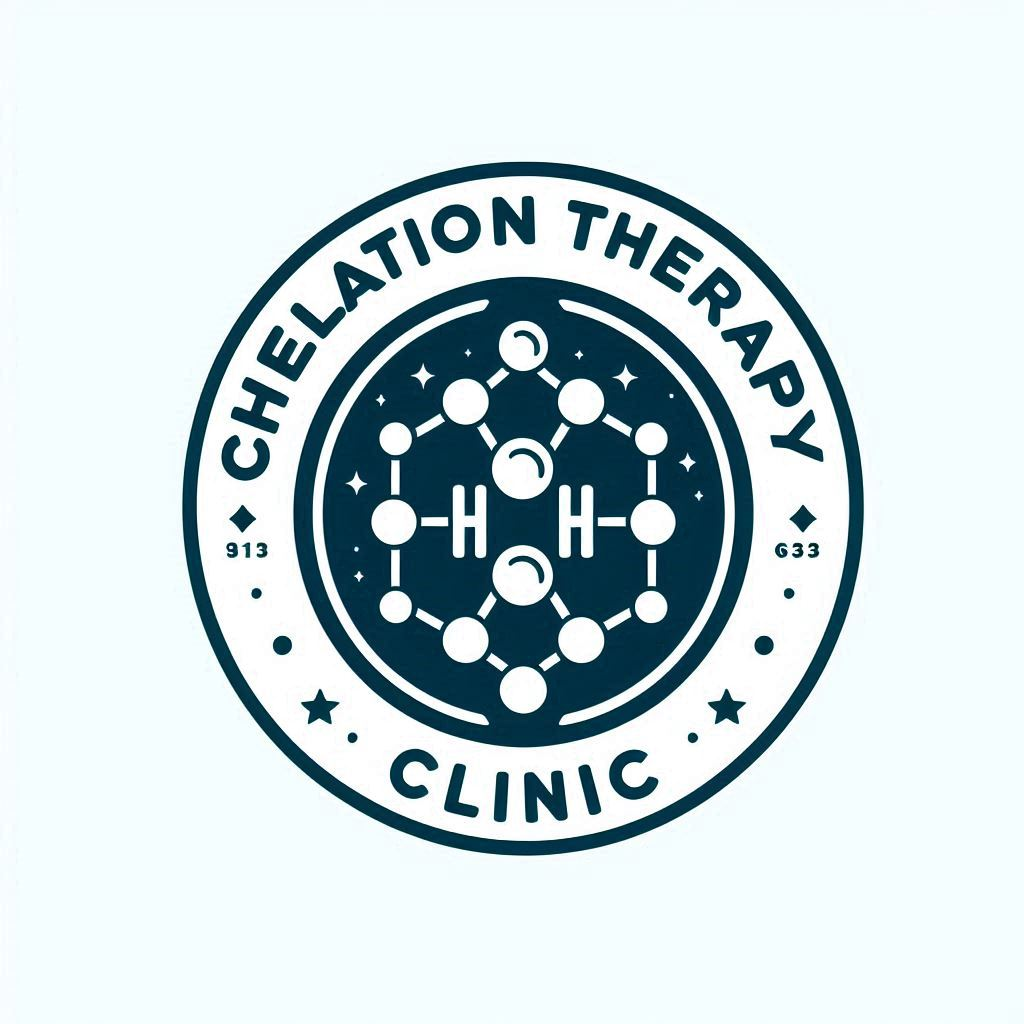Your cart is currently empty!
Heavy Metal Cleanse
A heavy metal cleanse refers to a process or regimen aimed at detoxifying the body from the accumulation of heavy metals. Heavy metals are elements that can be toxic to the human body in excessive amounts, and they may include substances like lead, mercury, arsenic, cadmium, and others. The idea behind a heavy metal cleanse is to eliminate or reduce the burden of these metals in the body to promote overall health and well-being.
Here are common elements associated with a heavy metal cleanse:
- Chelation Therapy:
- Chelation therapy is a medical treatment that involves the administration of chelating agents, substances that bind to heavy metals, facilitating their removal from the body. This therapy is typically supervised by healthcare professionals.
- Dietary Changes:
- Adopting a diet rich in foods that support natural detoxification processes is often part of a heavy metal cleanse. This may include incorporating antioxidants, fiber, and nutrients that aid in the elimination of toxins.
- Hydration:
- Staying well-hydrated is crucial for supporting the body’s natural detoxification pathways. Water helps flush toxins, including heavy metals, through urine.
- Nutritional Supplements:
- Some individuals may choose to include supplements known for their potential chelating properties, such as cilantro, chlorella, or spirulina. However, the use of supplements should be approached with caution and preferably under the guidance of a healthcare professional.
- Sauna Therapy:
- Sweating induced by activities like sauna therapy can help eliminate toxins, including heavy metals, through the skin. This is considered a complementary approach to support detoxification.
- Avoidance of Exposure:
- As part of a cleanse, individuals are often advised to identify and minimize exposure to sources of heavy metals in their environment. This may include choosing clean and organic foods, using water filters, and being mindful of occupational exposures.
It’s important to note that heavy metal cleanses should be approached with caution, and any significant changes to health practices should be discussed with a healthcare provider. Individualized plans, based on a person’s health status and potential metal exposure, are crucial for a safe and effective cleanse.
